Chaturvedis- A Heritage
By Mrs. Anjali Chaturvedi*
When the Supreme Lord, Lord Vishnu was sleeping on the primordial ocean, taking the aid of Yog Nidra, suddenly His navel expanded and from within sprouted a lotus, atop which was seated the four-headed Lord Brahma. From Lord Brahma came the Saptarishis and from them descended the Chaturvedis. The Chaturvedis are, indeed, the descendants of the Saptarishis.
Earlier, the Gurukul system was prevalent in this country, wherein even the sons and daughters of emperors whose kingdoms spread from the place where the Sun rose till the point where the Sun set, were sent to the humble hermitages of our ancestors to learn about the morals and values which are slowly getting eradicated. One may see that the Gurukul system has been poorly imitated even today in the form of boarding schools, but unlike the Gurukuls, the boarding schools are but a status symbol of affluence, wherein the child’s status is adjudged based on the costliness and pomp exhibited by his boarding school, like for example, the Doon School, the Sainik School, etc.
The Gurukul system believed in teaching the child during his initial years those morals and values that were to determine the fate of the society at large as those children, later on, went on to become the Rulers of States. The fact that the Kings and Queens sent their children to these Gurukuls run by our Chaturvedi ancestors was mainly because they knew the fact that Chaturvedis knew everything. They could teach everything- this can simply be illustrated by alluding to instances where the same Guru taught the children not only the Vedas but statecraft, politics, strategies, management, weaponry, inter alia. They taught a child how to inflict a wound and how to simultaneously heal a wound; they taught a child how to be ruthless when in need and empathetic when required. But one common factor was the all-pervading knowledge possessed by our Chaturvedi ancestors- who knew everything from medicine to metaphysics.
The royalty wanted their children to go and learn how a person lived and lived contentedly in the least of resources available at his disposal, simultaneously keeping his mind calm, worshipping the Supreme, meditating, completing his daily activities and above all, never complaining about his miseries. This was indeed the rich heritage and culture that our Chaturvedi ancestors carried with them, who had guided Kings and Queens, developed nations and States, but always rooted for humility and search for knowledge above material possessions.
However, inexplicable animosity, disdain towards one’s culture and ignorance towards the reason why we are called "the custodians of the four Vedas", or "the Chaturvedis" are some of the ill traits that have seeped into the very core of the entire Chaturvedi community. Today, when a person finds a fellow Chaturvedi, the usual reciprocation would be avoidance exhibited towards that fellow Chaturvedi, instead of warm camaraderie.
Morosity lies in the fact that many, practically almost every Chaturvedi, are unaware of the sense of pride and prestige that their surname carries with itself. As a result, not only are the Chaturvedis ruining their own heritage, but they are adopting the cultures of other clans/communities. I am not arguing that others are inferior or are wrong; nor am I propagating casteism, sectarianism, or the like. The Constitution of India has granted equality of status to all and I too truly believe in it; however, equality of status does not entail to abandon one’s own heritage and natural qualities and put up a charade.
It has therefore become imperative for us to discern what the classical literature has got to say about the Chaturvedis so that fellow Chaturvedis can better assess the importance of their surname.
Brahma Mahapuran-
The Brahma Mahapuran, the first amongst the eighteen Mahapurans, has elaborated particularly about Chaturvedi Brahmins a considerable number of times throughout the text. Let us have a look at all the Shlokas elaborating about Chaturvedis in the Brahma Mahapuran one by one.
The first Shloka reads as follows,
पुण्यक्षयादिहायातः प्रवरे योगिनां कुले।
चतुर्व्वेदो भवेद्विप्रः स्वधर्म्मनिरतः शुचि।।[1]
The aforementioned Sanskrit couplet translates as,
“When the account of good deeds (Punya) of the person comes to an end, then he is reborn in this mortal world in the clan of great Yogis. He is born in the clan whose members are Chaturvedi (knower of the four Vedas), self-righteous and pure Brahmins.”
This couplet refers to the Punya a person gets upon worshipping Lord Surya in Konark. This is the first couplet in the Puran referring to Chaturvedis and how difficult it is to be born as a Chaturvedi Brahmin.
The second Shloka in the Puran reads as follows,
आभूतसम्प्लवं यावद्भुक्त्त्वा भोगान्मनोरमान्।
पुण्यक्षयदिहागत्य चातुर्व्वेदा भवन्ति ते।।[2]
Mentioned in the same Chapter, this Shloka refers to the Punya a person earns after worshipping and venerating in the temple of Lord Shiva situated there (in Konark). The Shloka translates as,
“Till the dissolution of the cosmic reality (Pralay), the person enjoys all pleasures in Shiva Loka and thereafter again births in this mortal world in the form of a Chaturvedi (knower of the four Vedas).”
The third Shloka mentioned in the Brahma Mahapuran related to Chaturvedis reads as follows,
चतुर्वेदी भवेद्विप्रः सर्वशास्त्रविशारदः।
योगं पाशुपतं प्राप्य ततो मोक्षमवाप्नुयात्।।[3]
This Shloka narrates the good fortune a person earns after worshipping Shri Mahakaleshwar situated on the banks of the Holy River Kshipra as follows,
“After his Punya comes to an end, he is born in this mortal world as a superior Brahmin. In this birth he is a Chaturvedi (knower of the four Vedas) and a knower of all the Shastras and later on takes the aid of Pashupat Yog to attain salvation.”
The fourth Shloka concerning Chaturvedis reads as follows,
तपःक्षयादिहाऽऽगत्य मनुष्यो ब्राम्हणो भवेत्।
कोटीधनपतिः श्रीमांश्चतुर्वेदी भवेद्ध्रुवम्।।[4]
The Shloka elaborates on the Punya earned by a person after worshipping Lord Jagannath, Lord Balram and Devi Subhadra during the month of Ashada as follows,
“After the Punya of the worshipper ends, he shall be born in this mortal world in the form of a wealthy, prosperous, Chaturvedi Brahmin."
It seems that all the wealthy and prosperous members of our community now know why they are financially situated as they are at the moment. Hence if they want to continue their legacy of Punya, it is high time they must hold the feet of the Lord of the World in Puri (Jagannath).
The fifth Shloka reads as follows,
पुण्यक्षयादिहाऽऽयातः प्रवरे योगिनां कुले।
चतुर्वेदी भवेद्विप्रो वेदवेदांगपारगः।
वैष्णवं योगमास्थाय ततो मोक्षमवाप्नुयात्।।[5]
The Shloka elaborates upon the Punya a person attains after worshipping Lord Narasingha. It translates as follows,
“Upon the deterioration of his Punya, the worshipper is reborn in this world in the clan of great Yogis in the form of a Chaturvedi Brahmin and knows the meaning of the Vedas and the various Shastras and in the end, with the help of Vaishnav Yog, attains salvation.”
The sixth Shloka reads as follows,
भुक्त्त्वा तत्र वरान्भोगान्यावदाभूतसम्प्लवम्।
पुण्यक्षयदिहाऽऽगत्य चतुर्वेदी द्विजो भवेत्।।[6]
The Shloka elaborates upon the Punya earned by a worshipper upon getting the darshan of Lord Jagannath, Lord Balaram and Devi Subhadra on the day of Mahajyeshthi (elaborated in the Puran itself in the 64th chapter of the first part).
It translates as,
“Till the end of the cosmic reality (Pralay), the worshipper will enjoy all the pleasures in Vishnu Loka and after his Punya has extinguished, he is reborn in this world as a Chaturvedi Brahmin.”
The last and the seventh Shloka in the entire Brahma Mahapuran relating to Chaturvedi Brahmins reads as follows,
पुण्यक्षयदिहाऽऽगत्य चतुर्वेदी द्विजो भवेत्।
वैष्णवं योगमास्थाय ततो मोक्षमवाप्नुयात्।।[7]
The Shloka elaborates on the Punya earned by a worshipper by undertaking the Gundiva Yatra in the waxing phase of the moon in the month of Ashada.
It translates as,
"Till the time of Pralay, the worshipper enjoys all the pleasures in Vishnu Loka and thereafter, when his Punya is extinguished, he is born into this world as a Chaturvedi Brahmin. In the end, with the help of Vaishnav Yog, he attains salvation."
However, our pedantic exposition does not end here, because there are a couple more texts that I would like to refer to before moving forward.
Vivek Chudamani-
The Vivek Chudamani written by Adi Shankaracharya, in its second Shloka, mentions thus,
जंतूनां नरजन्म दुर्लभमतः पुंस्त्वं ततो विप्रता
तस्माद्वैदिकधर्ममार्गपरता विद्वत्त्वमस्मात्परम्।
आत्मानात्मविवेचनं स्वनुभवो ब्रम्हात्मना संस्थिति-
र्मुक्तिर्नो शतकोटिजन्मसु कृतैः पुण्यैर्विना लभ्यते।।[8]
Adi Shankaracharya says,
“At the outset, it is difficult for Jiva(-atmas) to attain human form; it more difficult to attain the male gender; it is even more difficult to be a Brahmin on the top of that; and it is extremely difficult even after that to be a male human Brahmin who is a follower of the path of the Vedas; and the most difficult even after all these attainments is to be a Chaturvedi (knower of the four Vedas), that is to say, have knowledge about the four Vedas….”
I am not elaborating upon the remainder of the Shloka, as it relates to metaphysics which might be uninteresting for (usually) materialistic readers.
Shri Vishnu Sahasranama-
Shri Vishnu Sahasranama mentions thus,
चतुर्मूर्तिश्चतुर्बाहुश्चतुर्व्यूहश्चतुर्गतिः।
चतुरात्मा चतुर्भावश्चतुर्वेदविदेकपात् ॥[9]
The Shri Vishnu Sahasranama christens Bhagwan Shri Krishna (Vishnu) as the only entity who knows the exact and correct interpretation of the four Vedas (Chaturved/i).
After having a look at all these scriptures, my dear readers must have understood how difficult it is to attain the surname Chaturvedi by birth in this mortal world. The Shlokas that I have quoted above stand as testimony to the drudgery involved in attaining this qualification. However, the irony is that far from knowing the value of being a Chaturvedi, almost every person in our community does not even know about the names of all the Vedas, the Puranas, let alone their contents.
The Chaturvedis have started to imitate the cultures of other communities, resulting in adulteration of language, food habits, cultures and above all, temperaments. One common phrase that Chaturvedis are adopting nowadays is “to be practical”, which is nothing but a garb to justify the ill manners that many members have adopted in their personalities and have ruined the very foundation of our surname, that is, the four Vedas.
It may not be extreme for me to say that it is indeed a pity that Chaturvedis are dependent on other Brahmins to conduct even their daily puja rituals, whereas the region to which I belong now, the regional Brahmins (howsoever well placed they may be), are well versed with their culture and many conduct rituals (not only daily puja but elaborate community worships) themselves, besides being top Executives in multinational conglomerates. The same Chaturvedis who should rather teach others about spiritual awakening are being lectured upon spirituality by others.
The biggest problem with our community is disdain towards our own culture. What is our culture? The four Vedas- that’s it! Why do the Chaturvedis ignore the Vedas, one fails to understand. Dalits are reading the Vedas but a Chaturvedi refuses to even keep them in their homes! What a pity!
However, the only solution to the problem, that appears to me currently is two-pronged- firstly, Chaturvedis need to develop a sense of camaraderie, wherein the haves need to let go of biases and the have-nots need to tame their wild nature.
The second step towards this unification is the establishment of a Vedic Research Institute only for the Chaturvedis wherein classes need to be conducted solely for the Chaturvedis first, along with the option to attend online classes, so that Vedic education is compulsorily imparted to the members of our community, irrespective of age, gender, social status, etc. However, the members will have to actively enrol themselves and attend the courses, without having preconceived notions.
There are many more steps to be taken, but let us hope that these two inaugural steps are taken towards community alleviation. Because we are slowly becoming a minority and if we do not put a stop on our shenanigans, then very soon we will go extinct.
* Judge (Member), District Consumer Disputes Redressal Commission, Jhargram, Govt. of West Bengal.
[1] Brahma Mahapuran, 1.28.52.
[2] Brahma Mahapuran, 1.28.61.
[3] Brahma Mahapuran, 1.43.74.
[4] Brahma Mahapuran, 1.51.45.
[5] Brahma Mahapuran, 1.58.77.
[6] Brahma Mahapuran, 1.64.19.
[7] Brahma Mahapuran, 1.66.23.
[8] Vivek Chudamani, 2.2.
[9] Shri Vishnu Sahasranama, Shloka 72.


.jpeg)

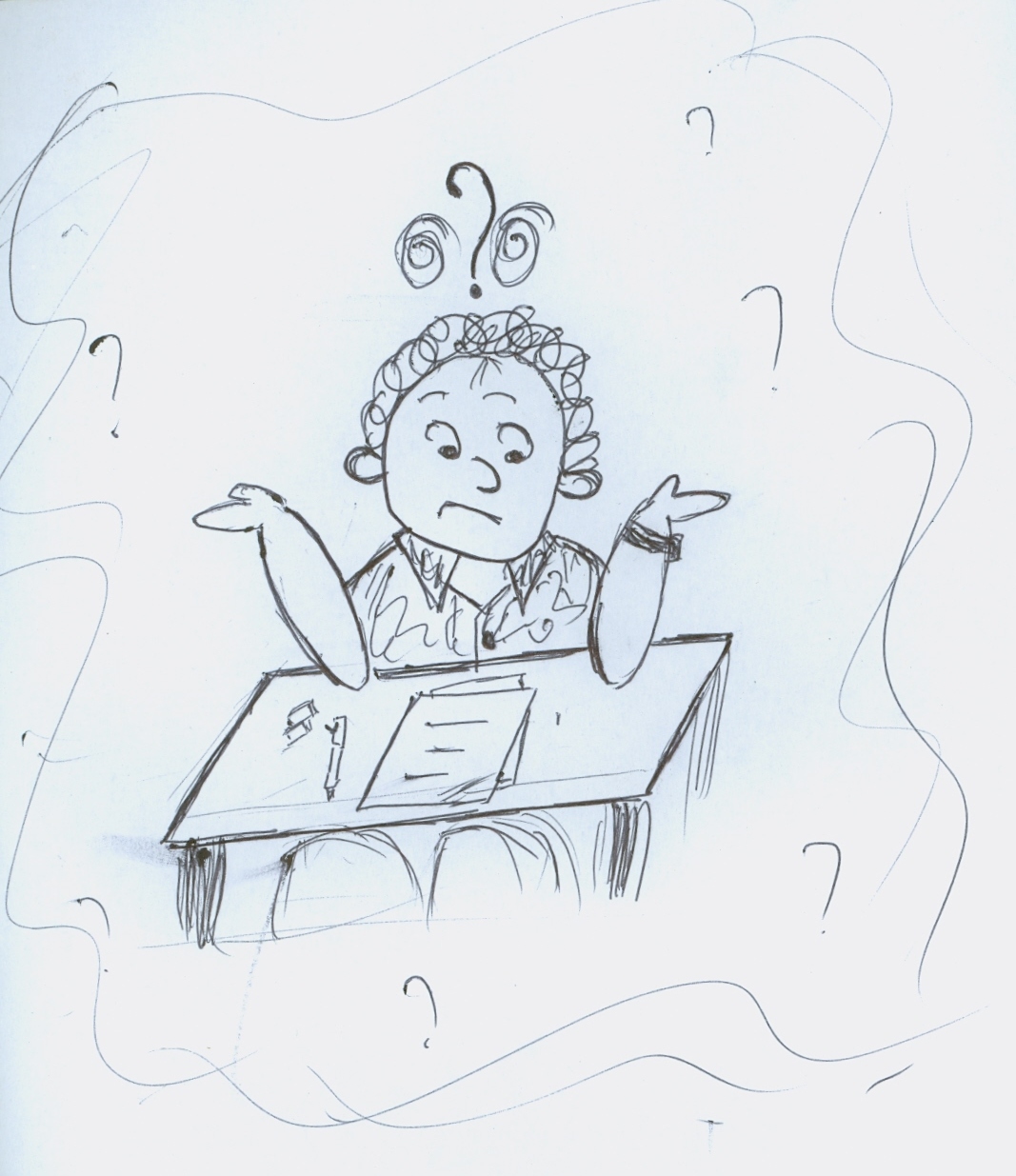


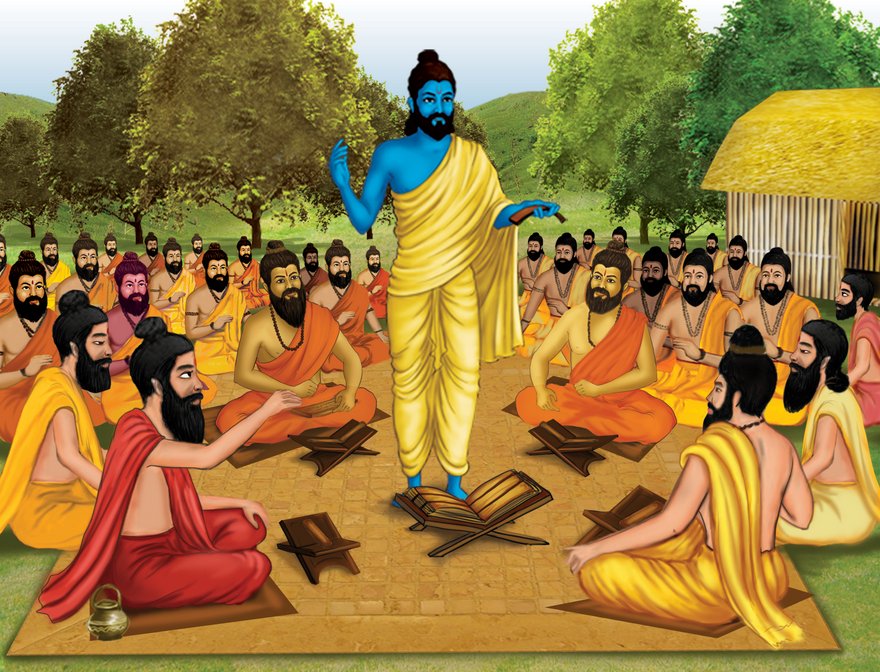




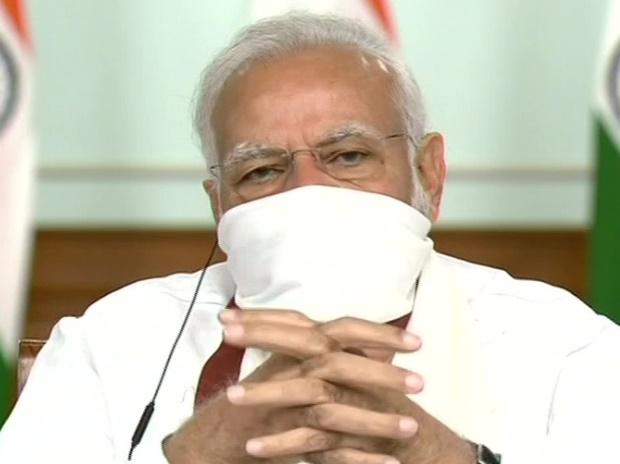
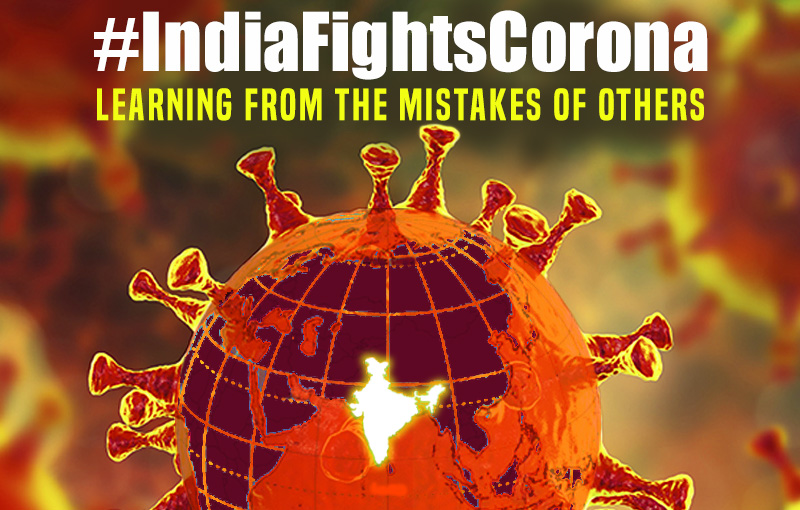
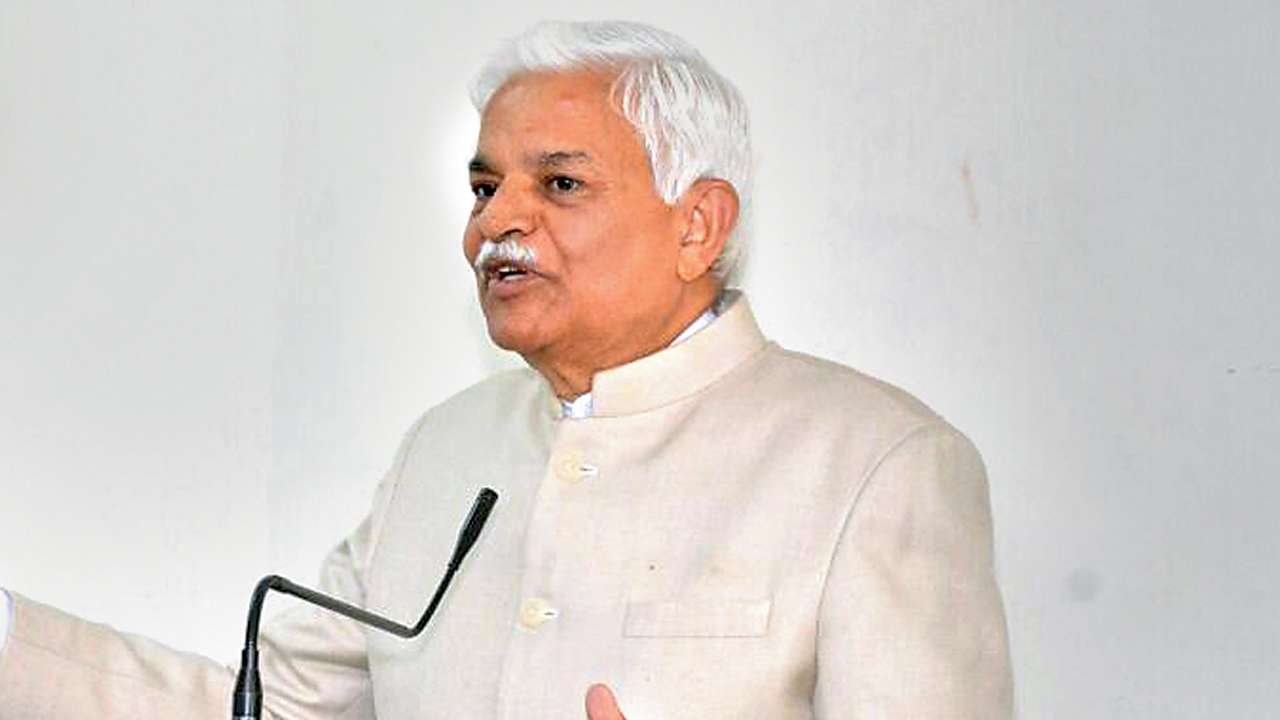
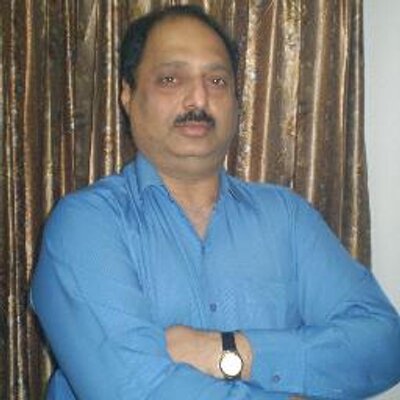
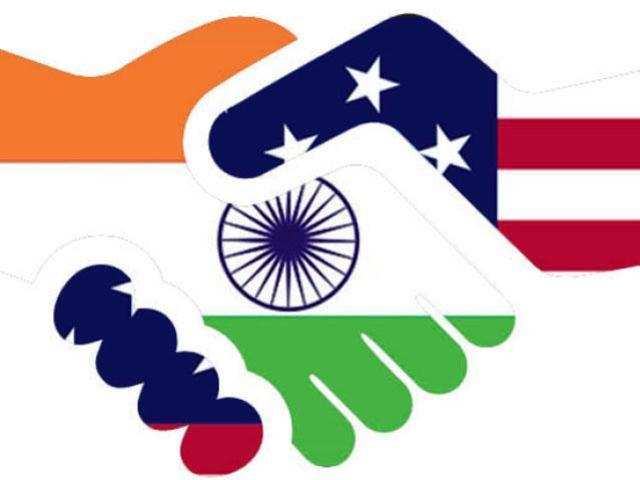
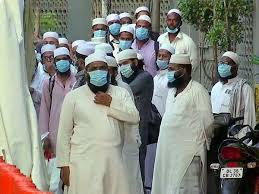
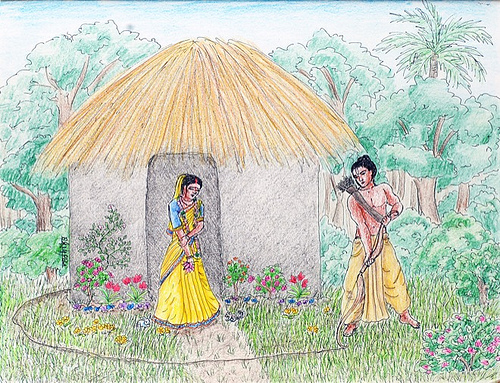

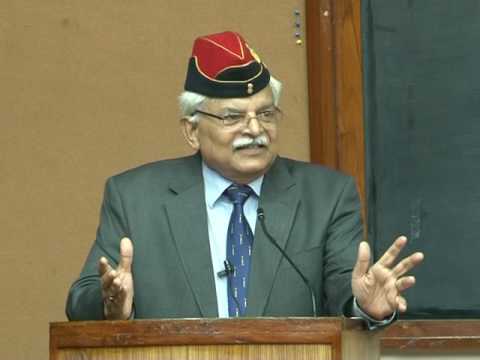
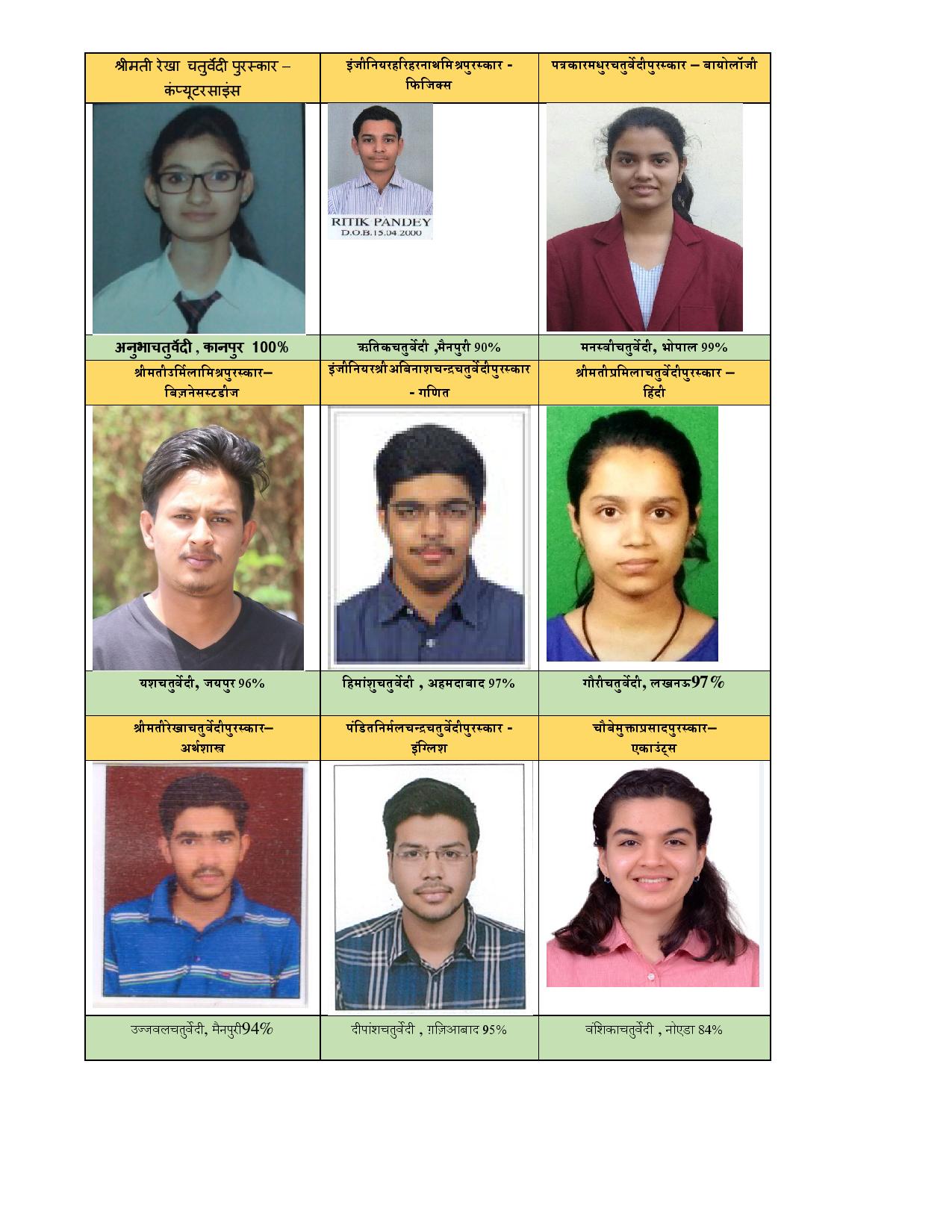
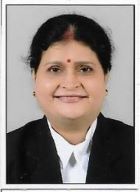
Feed from WhatsApp